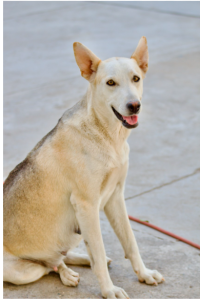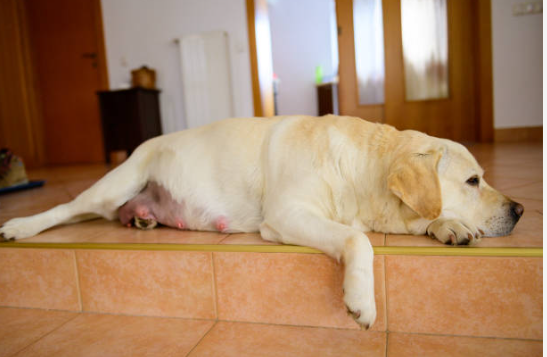
Tips On How To Care For Your Pregnant Dog
Congratulations on your pregnant dog! This is a particular time for both of you, and you want to do everything you can to ensure a healthy pregnancy and delivery. Here are some tips on how to care for your pregnant dog:
1. Feed her a high-quality diet.
Pregnant dogs need extra nutrients to support their growing puppies. Choose a high-quality dog food specifically formulated for pregnant and lactating dogs. You may also need to increase her food intake as her pregnancy progresses.
2. Take her to the vet for regular checkups.
Your vet can monitor your dog’s pregnancy and ensure she stays healthy. They will also be able to advise you on how to care for her during this time.
3. Give her plenty of exercise.
Exercise is essential for pregnant dogs, but it is important to avoid strenuous activity. Short, frequent walks are ideal. It would help if you also avoid activities that could put your dog at risk of injury, such as jumping or running on slippery surfaces.
4. Keep her away from other dogs.
Pregnant dogs are more susceptible to infections, so keeping them away from other dogs, especially those sick, is essential.
5. Watch for signs of labor.
Labor in dogs typically lasts for 12-24 hours. Signs of work include restlessness, panting, digging, and nesting. If you see any of these signs, contact your vet immediately.
Here are some additional tips for caring for your pregnant dog:
- Provide her with a comfortable place to sleep. This could be a bed, a crate, or a designated area of your home. Make sure the area is warm, draft-free, and quiet.
- Give her access to plenty of fresh water. Pregnant dogs need to drink more water than usual, so ensure she always has a full bowl.
- Monitor her weight gain. Pregnant dogs should gain weight gradually throughout their pregnancy. If you are concerned about her weight gain, talk to your vet.
- Be patient and understanding. Pregnancy can be a tiring time for dogs. Be patient with her and give her extra love and attention.
What to do if your dog goes into labor:
If your dog goes into labor, the best thing you can do is to stay calm and let nature take its course. However, there are a few things you can do to help:
- Provide her with a quiet and comfortable place to give birth.
- Make sure she has access to plenty of fresh water.
- Monitor her closely. Contact your vet immediately if you notice any problems, such as difficulty giving birth or prolonged labor.
After your dog gives birth:
Once your dog has given birth, it is essential to continue to care for her and her puppies. Here are a few tips:
- Make sure she has plenty of food and water.
- Could you help her to clean her puppies?
- Keep the puppies warm and comfortable.
- Monitor the puppies closely for signs of illness.
Talk to your vet if you have any concerns about your dog or her puppies.
Here are some additional tips for caring for your pregnant dog and her puppies:
- Provide her with a whelping box. This is a box or enclosure where she can give birth and care for her puppies. The whelping box should be large enough for her to move around comfortably but not so large that the puppies can wander off. It should also be in a quiet and warm spot.
- Have a birthing kit on hand. This kit should include towels, gloves, scissors, and umbilical cord clamps. You can purchase birthing equipment online or at your local pet store.
- Be prepared to help with delivery. If your dog has difficulty giving birth, you may need to help her. Be careful not to pull on the puppies, as this can injure them. If you need help with how to help, contact your vet.
- Monitor the puppies closely after birth. Puppies are very fragile and must be monitored closely for signs of illness. Some common disease symptoms in puppies include weight loss, difficulty breathing, and diarrhea. If you notice any of these signs, contact your vet immediately.
- Wean the puppies at around eight weeks of age. This is transitioning the puppies from their mother’s milk to solid food. You can start by mixing a small amount of solid food with their mother’s milk. Gradually increase the amount of solid food until they eat only solid food.


